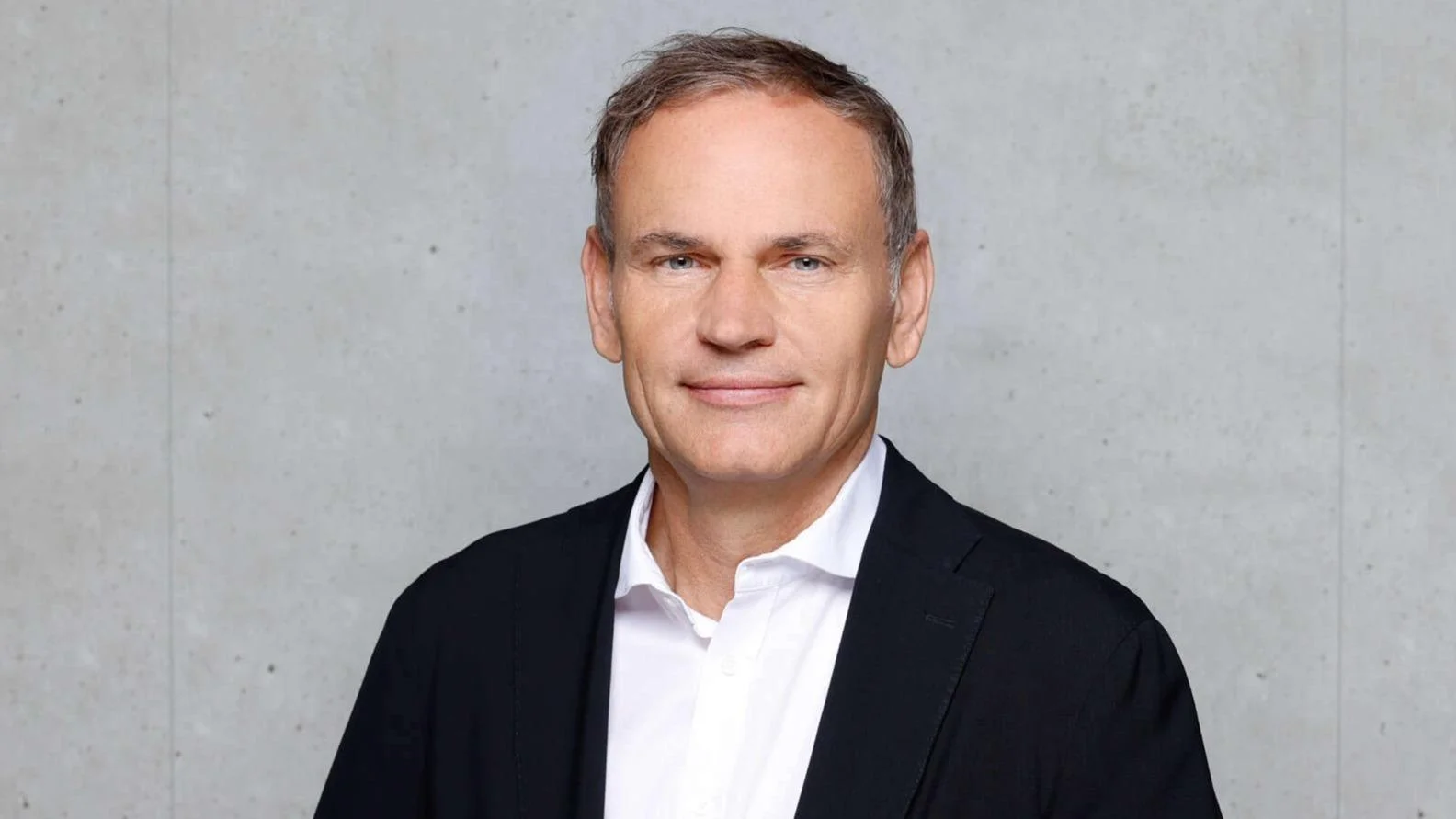Elli, a brand of the Volkswagen Group, along with a group of energy companies, has released a study examining the potential benefits of decentralized energy solutions in Germany. The research, conducted by Roland Berger, indicates that technologies such as electric vehicles (EVs), solar power systems, home storage systems, and heat pumps could help Germany save up to €255 billion by 2045. This figure equates to approximately €13 billion per year in added value for the country’s energy system.
The study finds that combining large-scale centralized power plants with decentralized energy technologies is necessary for both securing Germany's energy supply and achieving cost efficiency.
The report also highlights the significant role that the automotive industry and e-mobility are expected to play in the future German energy mix. By utilizing intelligently managed bidirectional charging, EVs can serve as mobile storage units. This would help relieve pressure on the national grid and provide households with greater independence from traditional energy sources. When paired with solar panels and heat pumps, these measures could reduce household energy costs while improving Germany’s overall energy independence.
"E-mobility is more than climate-friendly transport. It will become an active source of energy for millions of households in Germany. Smart and bidirectional charging solutions unlock enormous potential for our energy system, reduce costs for our customers, and strengthen the national economy. We must fully harness the power of these decentralized approaches before billions flow into new fossil backup capacity," said Giovanni Palazzo, CEO Elli.
Key findings from the study include:
- Households and small-to-medium-sized enterprises could see their energy costs cut by up to 50%, translating to annual savings of up to €1,200 per private household.
- Up to 100,000 new jobs could be created in distributed energy solutions by 2045.
- Investments required for low-voltage grid expansion could be reduced by 40–50% through intelligent flexibility management.
To realize these benefits, the "New Energy Alliance" is advocating for regulatory changes that place decentralized flexibilities on equal footing with large-scale renewable projects and backup capacities. Recommendations include supporting market mechanisms for decentralized flexibility, accelerating smart meter implementation and digitalization among grid operators, ensuring fair grid charges across all types of storage systems, and updating legal frameworks to support bidirectional charging.
More than 20 companies are part of this initiative within distributed energy solutions—including 1KOMMA5°, Enpal, LichtBlick, Octopus Energy, thermondo, and Elli.
The full study can be accessed at www.new-energy-alliance.de. Further information about Elli is available at www.volkswagen-group.com and www.elli.eco.

